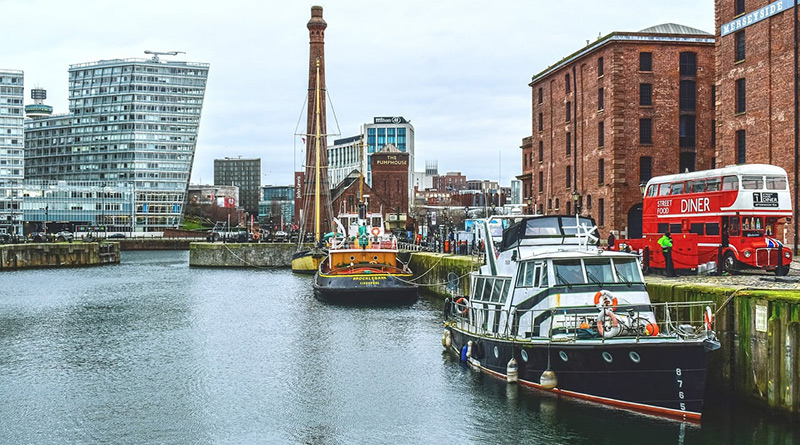Northern Hospitality Outperforms South in Site Growth and Customer Experience

The latest data from Northern Restaurant & Bar (NRB) and CGA by NielsenIQ reveals that the North of England has demonstrated stronger resilience and growth in Britain’s licensed hospitality sector compared to the South.
The study, which tracks a wide range of licensed venues including pubs, bars, restaurants and nightclubs, shows that while the industry as a whole has stabilised after previous declines, major Northern cities have outperformed their Southern counterparts in both site growth and feedback from customers.
The report shows a total of 99,120 outlets operating across Great Britain in December 2024, compared to 99,113 in December 2023. This represents a year of stability following industry declines in both 2022 (-4.5%) and 2023 (-2.9%).
While the market as a whole remains stable, significant regional differences have emerged, with the North demonstrating stronger performance than the South. The North recorded a modest site growth of 0.1% in 2024, while the South experienced a slight decrease of -0.2%.
Liverpool, Chester, and Sheffield emerged as the strongest performers in the North, each recording a 2.4% increase in site numbers – significantly outperforming both the national average (0.0%) and London (1.6%).
Leeds (1.5%) and Manchester (0.1%) also showed incremental growth, reinforcing the North’s steady expansion. In contrast, key Southern cities such as Birmingham (-0.7%) and Bristol (0.1%) experienced stagnation or decline. These figures suggest an edge in resilience for major Northern hospitality hubs.
Pubs and bars are among the strongest performers in the North, with visits increasing by 4% in 2024, while the South experienced a decline of -1%. The data also signals a shift in consumer habits, with nightclub visits down by 5% in the North and 2% in the South, reinforcing the move toward more community-focused venues and casual socialising.
The North’s growing reputation for hospitality excellence is attracting major investment, with an expanding mix of high-profile openings from both homegrown and national brands. Notable additions include Skof in Manchester by Tom Barnes, formerly Head Chef at Simon Rogan’s three-Michelin-starred L’Enclume, and Chartwell at Aldwark Manor Estate in North Yorkshire, which has already earned three AA Rosettes. Additionally, Fifty Two at Rudding Park Hotel in Harrogate has recently secured a place in the Michelin Guide.
Operators such as Roxy Leisure Group, Concept Taverns, and Mission Mars (the group behind Albert’s Schloss and Rudy’s Napoletana) are reinforcing the North’s position as a dynamic hospitality hub, with concepts that resonate strongly with both locals and visitors. While historically, brands have expanded from London outward, an increasing number of Northern-born hospitality brands are now moving successfully into the capital.
Beyond site growth, the North is also outperforming the South in customer experience and feedback. Satisfaction levels across the region consistently outperform those in the South, with significant improvements in key areas. Consumers in the North report superior food quality (+1.0%) and drink quality (+4.0%), alongside more impressive service (+3.0%) and shorter wait times (+2.0%). Furthermore, the North provides better value for money (+2.0%) and a stronger overall sense of satisfaction with the visit (+2.0%), highlighting its commitment to delivering an outstanding experience.
Hospitality spending in the North has seen a notable 6.2% increase compared to 2023, with the average monthly spend now surpassing £100 for the first time. While Southerners still lead in spending, with an average of £108 per month and a more modest increase of 4.8%, the gap is steadily closing year-on-year.
Notably, the region has proven less impacted by price increases, with Northerners reporting 10% fewer concerns about rising costs when eating or drinking out compared to the South. Additionally, consumers in the North cite having ‘sufficient disposable income’ as a reason for going out (11%).
